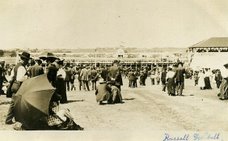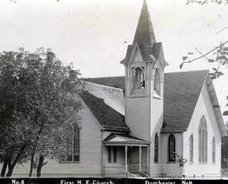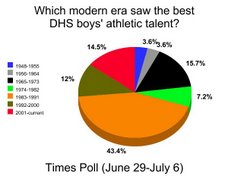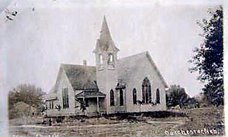In Saline County, we have a tale of two different kinds of cities: those that are doing well under the state aid formula and those who aren't.
First, a quick explanation: The purse strings of Nebraska's government are controlled by the 49 state lawmakers in the Unicameral. One of their key roles is deciding how to redistribute taxpayer dollars -- derived largely from state income tax and sales tax revenues -- to make their constituents happy. (You can bash Nebraska's property tax system, but at least that's a form of local taxation and local control -- one that avoids the dog-and-pony show of sending dollars to Lincoln for recirculation by politicians.)
In state fiscal year 2019-2020, the latest year of data available, Nebraska's government sent cities, towns, and villages all across the state more than $27 million from an equalized aid program for municipalities. (Always be leery when the government tells you it's going to "equalize" anything.)
What is truly startling about the allocations from the Municipal Equalization Fund are just how unequal they are. In Saline County alone, five of the eight incorporated municipalities here received more in state aid than from their own property taxpayers. Consider:
- The City of Crete received 6.2% in more in state aid than it collected from its property taxpayers. DeWitt received nearly 16% more.
- Tobias took in 155% more in state aid than it's local property tax collections, while Western received 106% more.
- And Wilber, which gets plenty of financial perks already from being the county seat, received 22% more in state aid than local property tax dollars.
Meanwhile, the municipalities of Dorchester, Friend and Swanton received much less in state aid than was collected in local property taxes. The City of Friend received roughly only half the amount of total property taxes levied.
Clearly, the state's formula is not only unfair, it's unsustainable.
Of course, this doesn't even begin to touch the $1.07 billion in "equalization" aid sent to public schools. That's another topic for another day.
For now, we'd like to see state lawmakers like District 32 Sen. Tom Brandt get serious about addressing the inequities in the municipal redistribution fund.
And if that's too difficult, how about just letting us keep more of our own money by lowering Nebraska's heavy income tax and sales tax burdens?



















































How about pushing Ricketts to fulfill his campaign promise of lowering property taxes.
ReplyDeleteYou're smart enough to know that the Legislature controls tax rates and money giveaways, right? 7th grade civics.
DeleteYou guys should both know that property taxes are levied locally by political subdivisions, mostly school districts and counties and muni's. If you haven't attended a meeting of these local gov't bodies, you have no standing to b-tch about the rates. Grow a pair and attend meetings. Then get your neighbors to do the same.
Delete